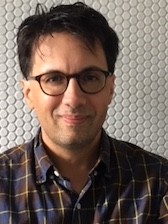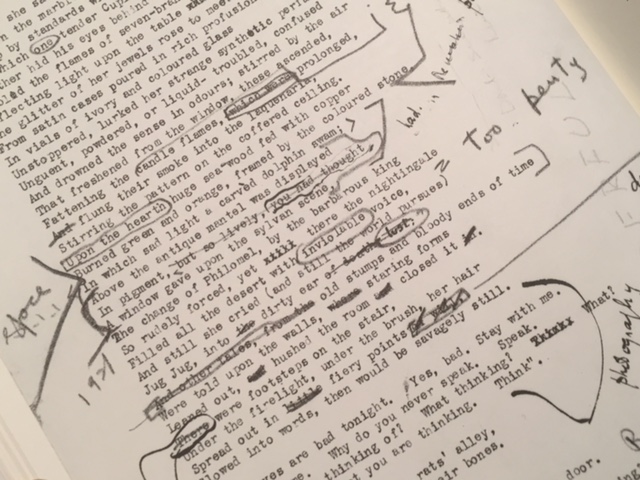Course Description
The seminar looks closely at the most influential poem of the 20th century, T.S. Eliot’s “The Waste Land.” Attention to the poem both as a work of radical modernist experiment and as carrying on a kaleidoscopic dialogue with world literature. Taking our cue from the notes Eliot added to the poem we read selections from the Buddha’s Fire Sermon, the Upanishads, versions of the Holy Grail myth, Dante’s Inferno, The Tempest, Charles Baudelaire’s Fleurs du mal, and F.H. Bradley’s Appearance and Reality. Further reading includes Eliot’s earlier poetry, especially “The Love Song of J. Alfred Prufrock,” and his own criticism of the period, including “Tradition and the Individual Talent,” “The Metaphysical Poets,” and “Ulysses, Order and Myth.” We also consider critical appraisals of the poem by Virginia Woolf, F.R. Leavis and Ralph Ellison, be attentive to comparable aesthetic innovations of the period in painting and music (cubism, Stravinsky’s Le sacre du printemps, ragtime), and listen to audio recordings of Eliot (and others) reading the poem. Meditation throughout on the poem as a collage of allusions forming a complex work of art.
Prerequisite: At least one course that involves close reading literary prose or poetry.
This course will fulfill the “Modernities” OR the “Interpretations” requirement of the Humanities Major.
Led By:
 |
Professor Paul Grimstad
Paul Grimstad is Lecturer and Director of Undergraduate Studies in Humanities. He writes regularly for The Believer, Bookforum, London Review of Books, The New Yorker, n+1, The Paris Review, Music and Literature, The New Republic, Times Literary Supplement, Raritan, and other journals and magazines. He is the author of Experience and Experimental Writing: Literary Pragmatism from Emerson to the Jameses (Oxford, 2013) which was recently the focus of a symposium in the journal Nonsite. He has contributed chapters to Melville’s Philosophies, The Oxford Handbook to Edgar Allan Poe, Stanley Cavell and Literary Studies and the Oxford History of the Novel. While an assistant professor of English at Yale he received the Sarai Ribicoff ’79 teaching prize for “instruction and character that reflect the qualities of independence, innovation, and originality.” He has taught literature and philosophy at NYU, Columbia and Yale.
|

